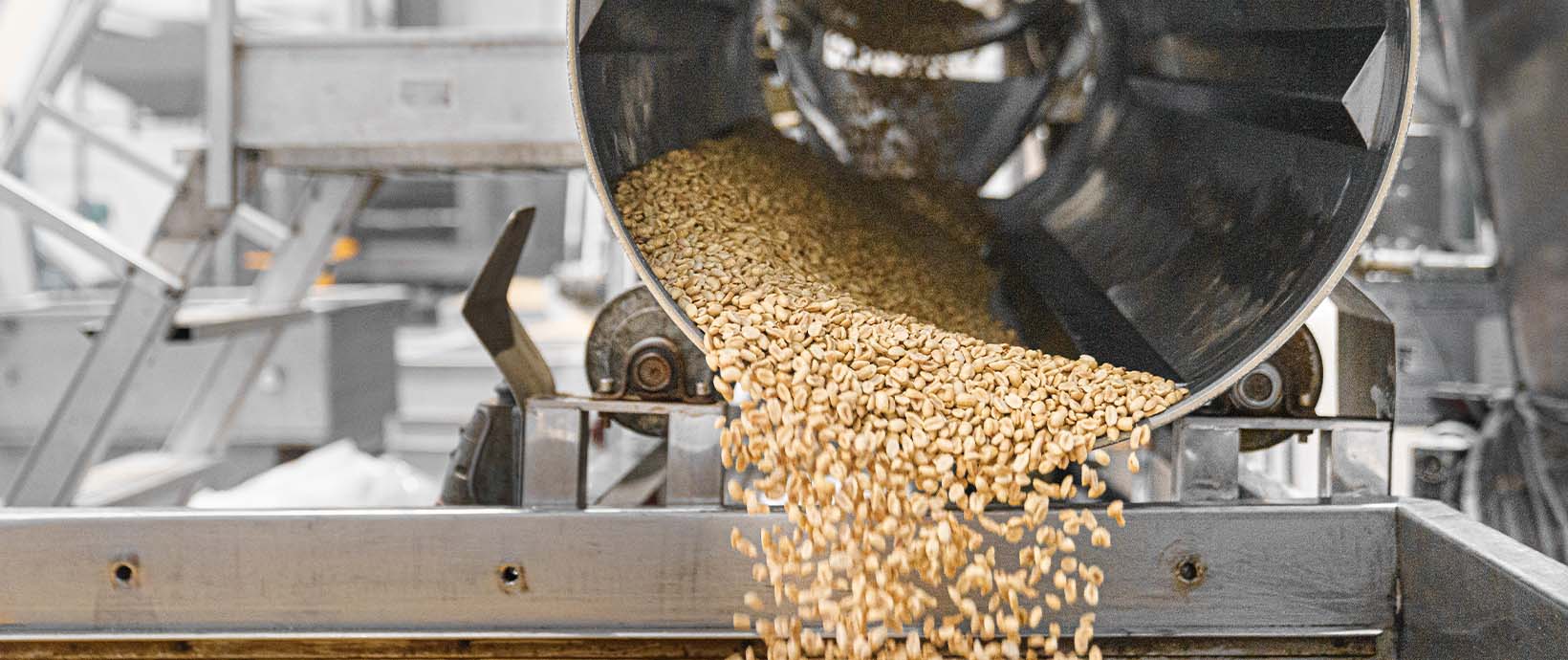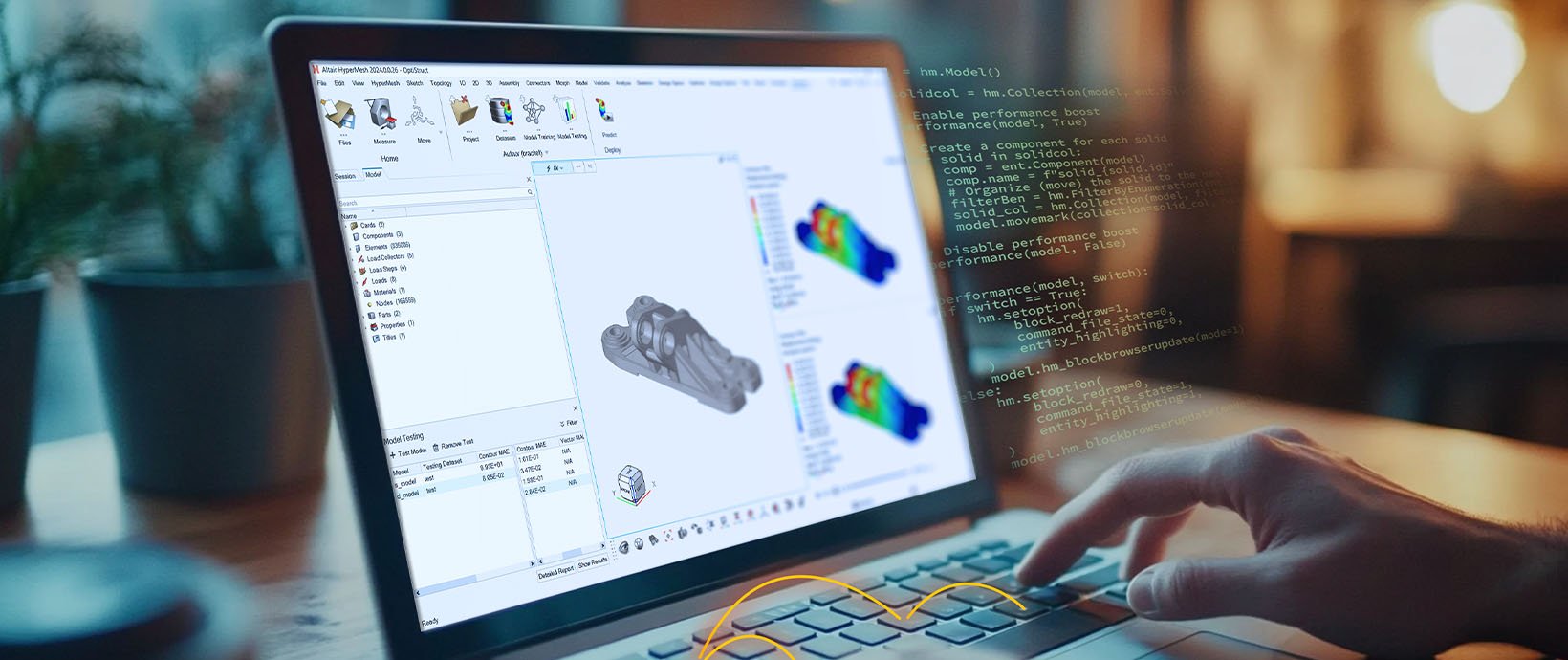Artificial Intelligence, Machine Learning, and Materials Engineering: A Q&A with Altair's Kamila Flidr
Artificial intelligence (AI) and machine learning are lynchpin technologies that drive the world’s most advanced manufacturing operations around the world. This is especially true in materials engineering and material science. AI and machine learning are currently driving cutting-edge advancements in materials engineering, helping develop the latest generation of lightweight, sustainable materials that can be used in a variety of applications and sectors.
We sat down with Kamila Flidr, director of business development, material solutions, to discuss how AI, machine learning, and data analytics can drive innovation in materials science and on the factory floor, and how these technologies are assisting companies around the world to develop these much-needed next-generation materials.
Q: How can AI help in the field of materials engineering?
Kamila Flidr: We often hear sentences like this from our customers: "A lot of data was measured, but the data set for this temperature or strain rate is missing." They also say that it’s not possible to measure all the data due to cost, time, resource, capacity, and other types of constraints. Some tests, such as creep or fatigue tests, take a long time to perform. In addition, long trial and error iterations with physical prototypes have hindered their ability to innovate across the board.
This is where AI comes into play. AI helps fill these gaps in material information and can provide teams with insight regarding material suitability for a specific application. What AI can do today is truly amazing. What was yesterday a technology relegated to science fiction and esoteric scientific journals is now a technology that’s primed to impact millions, if not billions, of people around the world in their personal and professional lives. Soon, it may be standard technology for everyone, no matter what they do or where they are. But, of course, organizations and individuals need great AI and data analytics platforms to take full advantage of these tools. Low- and no-code solutions like Altair® RapidMiner® enable users of all personas and skill levels with the information they need to leverage the full power of AI in materials engineering and beyond.
Q: What does this mean for product development in materials engineering?
KF: It’s no secret – today’s pace of innovation is lightning fast, and it’s only accelerating. Everywhere you look products are becoming smarter, more complex, and more connected. AI will make it possible to select the best material, find substitutes, and develop more sustainable products. Regional material availability and alternative materials are hot topics as global uncertainty in supply chains has a huge impact on companies' production capacity. AI’s ability to help in these areas gives materials engineers a big boost.
In addition, new materials are needed for special applications in aerospace, medicine, 5G/telecommunications, and more. AI helps predict material behavior based on current data, explore diverse composition options, discard unrealistic variants, and select the most suitable material candidates for physical testing. AI makes it faster and easier to conduct cross-border research.
Q: How can AI help develop more sustainable materials?
KF: AI can help reduce the number of material components used to achieve the desired material strength, improving materials’ durability and other required properties. AI can also help develop materials with simpler compositions, which make them easier to recycle. Regulations, such as the upcoming ban on PFAS in the European Union, challenge companies to look for new solutions and develop new materials.
Another way AI helps develop more sustainable materials is by optimizing material recipes via reducing rare and expensive ingredients. This saves money and fosters a more stable supply chain. Companies can invest more in research and development (R&D) or digitalization as a result – by doing so, they can increase their competitiveness by offering a higher value proposition to end consumers.
Biodegradable materials provide a great final example. Truly, these materials will be the future of the packaging sector (and beyond). Food packaging requires a lot of material to ensure products are delivered to consumers in safe, hygienic ways. AI is helping scientists and companies develop new materials and work towards the net-zero future the planet needs.
To learn more about Altair’s material engineering capabilities, visit https://altair.com/materials. To learn more about Altair RapidMiner, visit https://altair.com/altair-rapidminer. To learn more about Altair’s data analytics and AI capabilities, visit https://altair.com/data-analytics.




